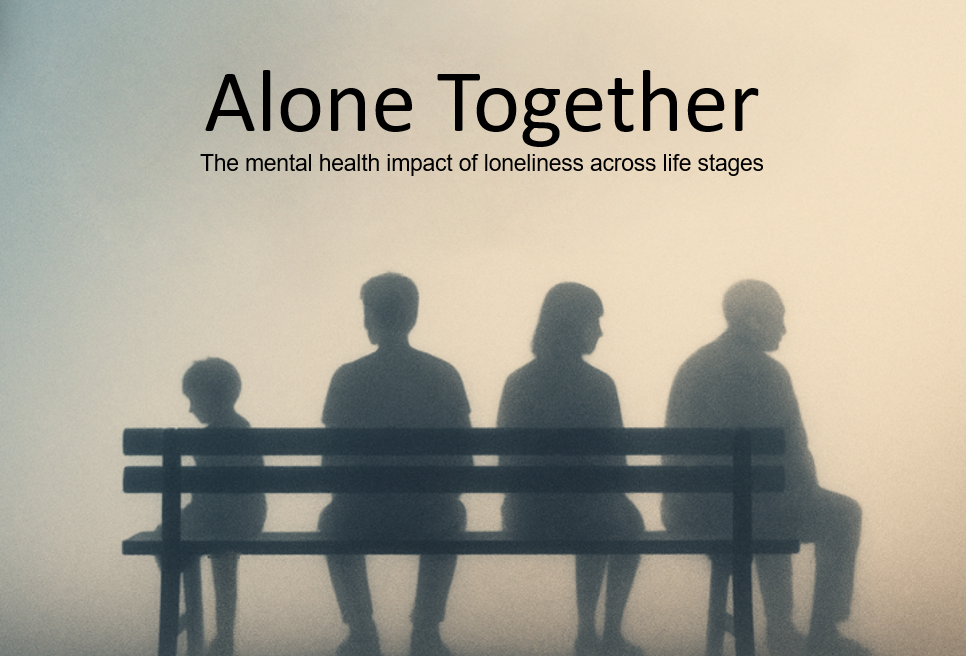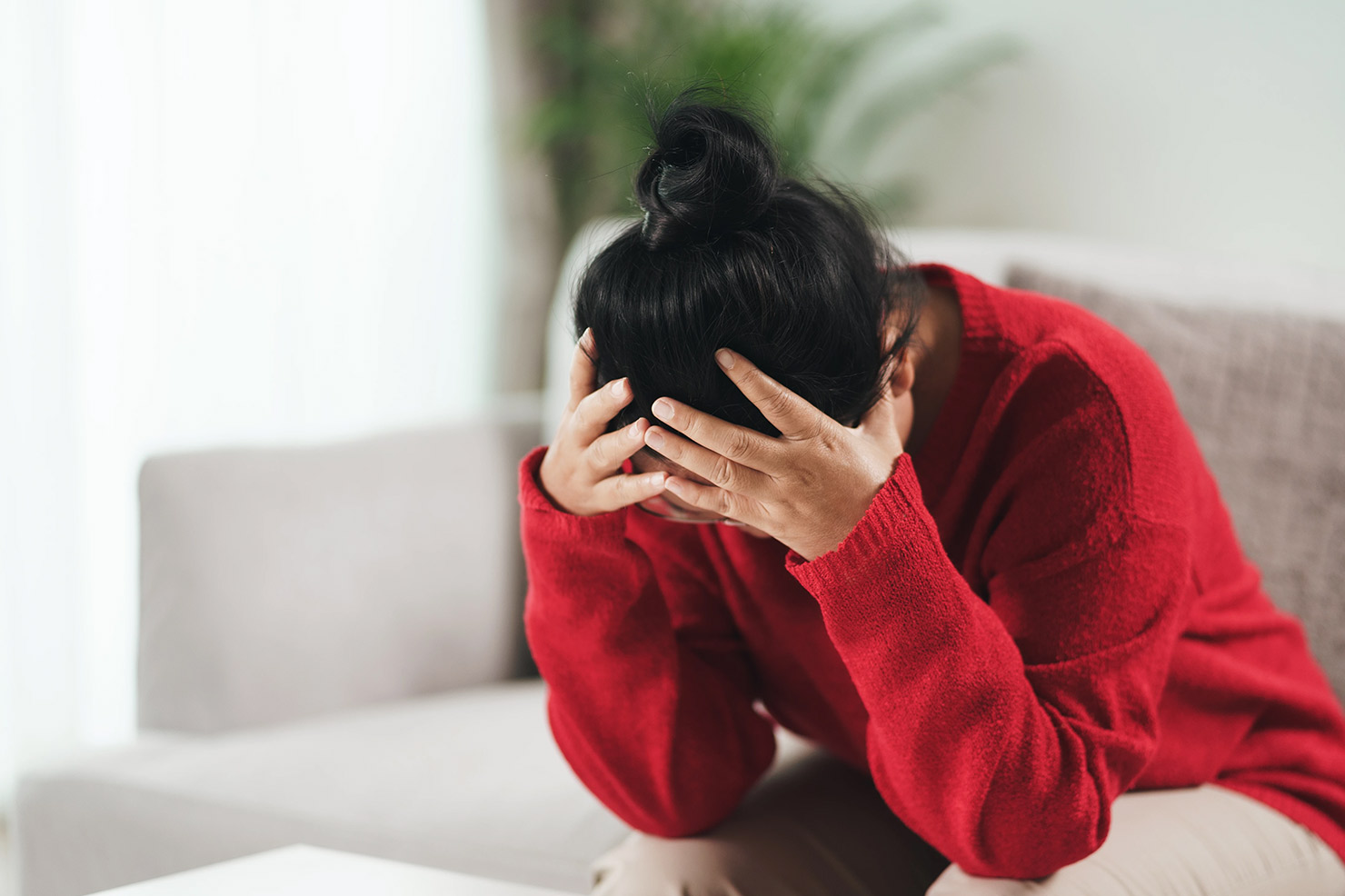Anxiety makes you feel uncomfortable. Therefore, it makes sense that you will do things to make yourself feel better or reduce the discomfort. Paradoxically, some common strategies intended to reduce anxiety may inadvertently exacerbate the problem. Here are counterproductive behaviors to avoid:
- Avoidance: You do whatever you can to avoid things that make you anxious. This might mean turning down a social invitation or relying on online interactions to evade face-to-face encounters. Perhaps you push off an assignment until the very last minute. This can provide temporary relief but intensify anxiety over time.
- Seeking Reassurance: It is common to seek reassurance from others to help yourself feel better. Frequently seeking reassurance from others by repeating the same questions, even when expecting consistent answers, may offer momentary comfort but can perpetuate dependency on external validation.
- Distraction: You might do whatever you can do to distract yourself from whatever is making you anxious. Consistently relying on distractions to evade anxious feelings hinders the opportunity to confront and manage anxiety directly.
- Isolation: Isolating yourself, especially to prevent social anxiety, might seem protective initially, but over time, it can contribute to an escalation of anxiety and a sense of detachment from others.
- Negative self-talk: Dwelling on the negative or being unkind to yourself is not going to help your anxiety. Cultivating self-compassion and kindness toward yourself is a more constructive approach.
Effective anxiety management involves confronting and addressing anxiety directly, rather than adopting avoidance or self-sabotaging behaviors. If you are interested in learning about more helpful ways to cope with your anxiety, please reach out. I offer a free 15 minute consultation.



